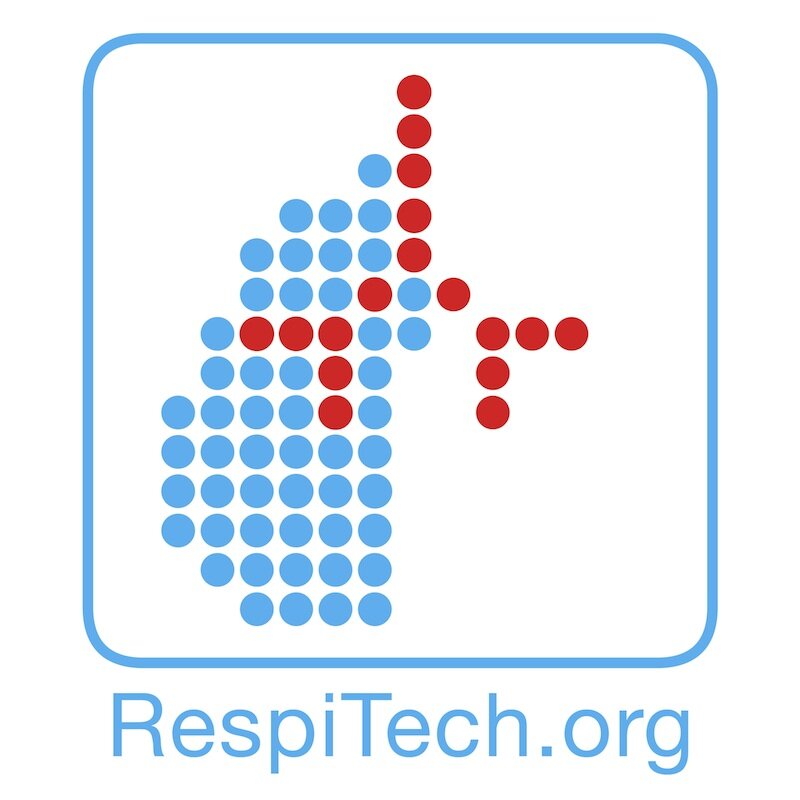Larissa Gomes Dos Reis, Maliheh Ghadiri, Paul Young Daniela Traini
Purpose
The aim of this study was to develop a nasal powder formulation of the antifibrinolytic drug, tranexamic acid (TXA), in combination with the wound-healing agent hyaluronic acid (HA) for the local treatment of epistaxis (nose bleeding).
Methods
Formulations of TXA alone and with different concentrations of HA were freeze-dried and characterised according to their physicochemical properties. Aerosol performance was assessed to ensure nasal deposition with minimal lung deposition. Nasal epithelial cells were used to assess cytotoxicity, transport across the nasal epithelium, antioxidant, wound-healing and anti-inflammatory properties of all formulations.
Results
Formulations containing TXA and HA were produced and found to be mostly deposited in the nasal cavity (more than 90%). Formulation of TXA + 0.3%HA showed wound reduction of 29.3% when assessed in ALI culture. At this concentration, formulations also reduced ROS production in RPMI 2650, and IL-8 production in primary nasal epithelial cells. Furthermore, for formulations containing HA, the higher viscosity may lead to larger residence time in the nasal cavity.
Conclusions
Combination of TXA with HA shows promising results for the treatment of nasal epistaxis.
